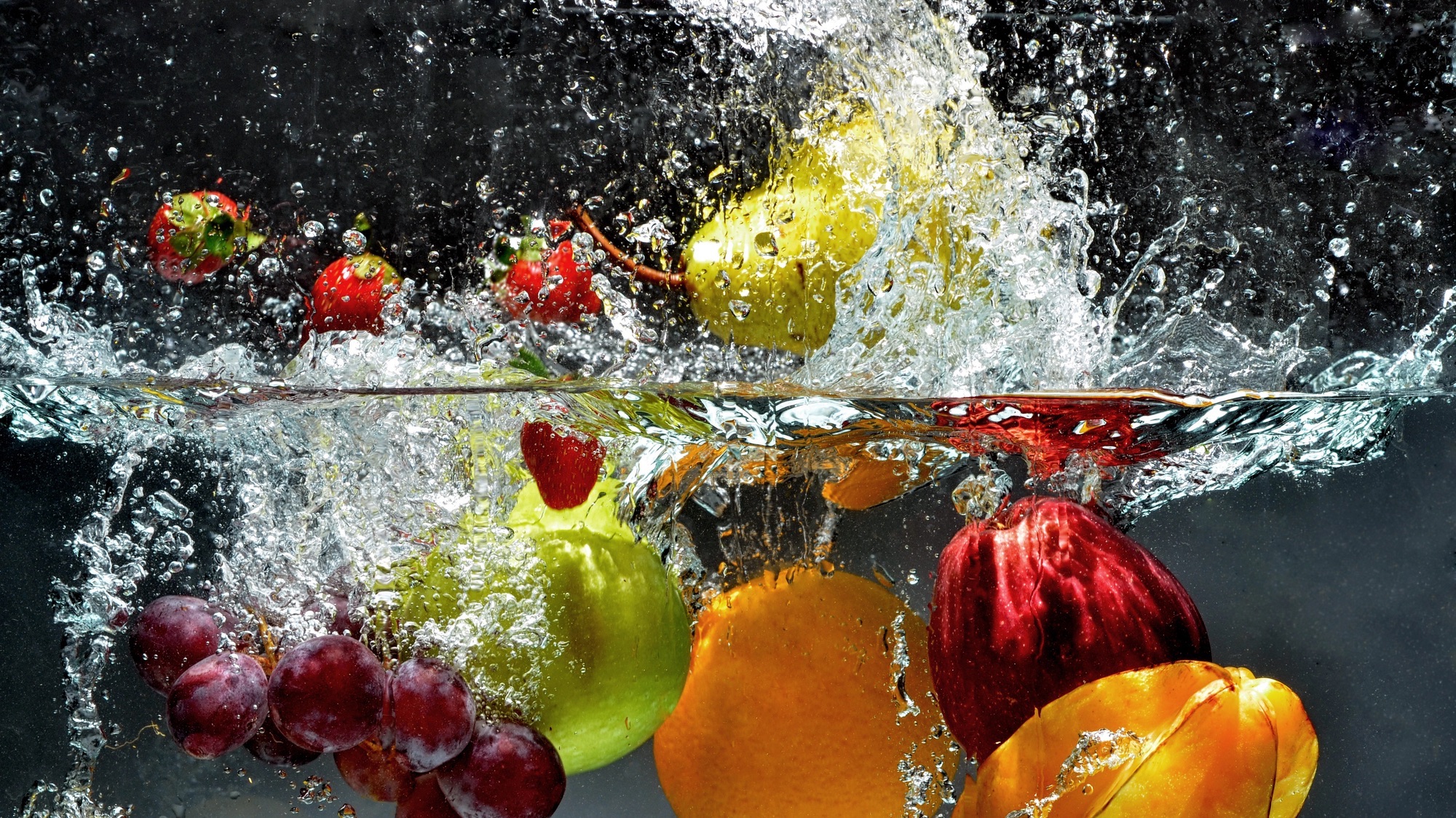Gadgets
How to properly wash fruits and vegetables

When you bring fruits and vegetables into your kitchen, whether from a store, market, or your garden, they can come into contact with various surfaces and hands, making them susceptible to contaminants. Proper cleaning is essential for food safety and preserving the nutritional value of fresh produce. The effectiveness of cleaning methods depends on the type of produce being cleaned.
Why is washing produce important?
Fruits and vegetables can contain pesticides and pathogens like E. coli and Salmonella, as well as environmental pollutants. Washing produce can reduce these contaminants, making the food safer to eat and maintaining its nutritional quality.
Avoid using cleaners
While common cleaning agents like soap, vinegar, and store-bought produce washes may seem effective, they are unnecessary for removing common residues on produce. The FDA advises against using these agents, as rinsing and scrubbing under cold water is just as effective at reducing bacteria on fresh produce.
Start with good hygiene
Before cleaning produce, wash your hands thoroughly, clean utensils and surfaces, and use a food-safe sanitizing solution. Inspect and remove any bruised or spoiled parts of the produce before washing to prevent cross-contamination.
Cleaning firm produce
Firm produce like apples and root vegetables should be scrubbed under cold running water with a soft-bristle brush to remove residues and surface bacteria.
Cleaning leafy greens
Remove outer leaves, submerge greens in cool water, swish gently to remove dirt, soak for a few minutes, lift out of water, and rinse under fresh water to clean leafy greens thoroughly.
Cleaning delicate produce
Delicate produce like strawberries and mushrooms should be rinsed under water without abrasive methods to avoid damaging their surfaces.
Drying produce
Drying produce properly is essential to prevent spoilage and bacterial growth. Use a salad spinner for herbs and leafy greens, air dry sliced fruits and vegetables in a single layer, and store dried produce in airtight containers in a cool, dry place.
-

 Destination8 months ago
Destination8 months agoSingapore Airlines CEO set to join board of Air India, BA News, BA
-

 Breaking News10 months ago
Breaking News10 months agoCroatia to reintroduce compulsory military draft as regional tensions soar
-

 Gadgets4 months ago
Gadgets4 months agoSupernatural Season 16 Revival News, Cast, Plot and Release Date
-

 Tech News1 year ago
Tech News1 year agoBangladeshi police agents accused of selling citizens’ personal information on Telegram
-

 Productivity12 months ago
Productivity12 months agoHow Your Contact Center Can Become A Customer Engagement Center
-

 Gadgets4 weeks ago
Gadgets4 weeks agoFallout Season 2 Potential Release Date, Cast, Plot and News
-

 Breaking News10 months ago
Breaking News10 months agoBangladesh crisis: Refaat Ahmed sworn in as Bangladesh’s new chief justice
-

 Toys12 months ago
Toys12 months ago15 of the Best Trike & Tricycles Mums Recommend













